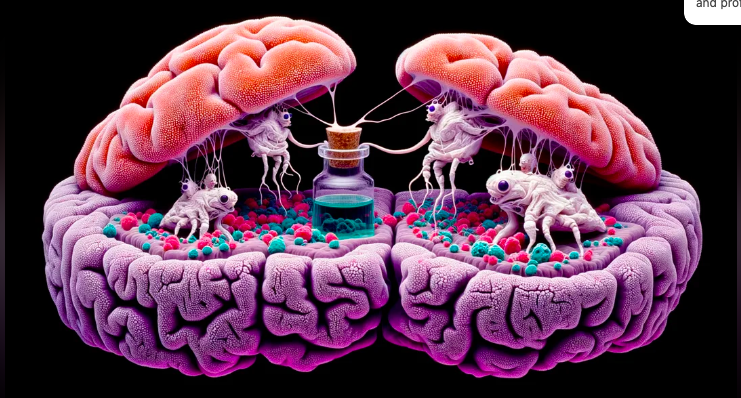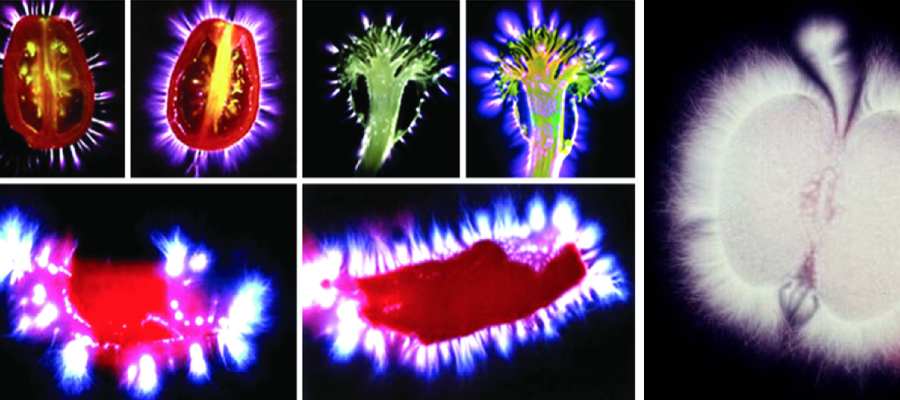An Example of a Physical Root Cause of Mental Illness Due to ToxicityHere is the example that will give you a clear understanding of the root cause of the mental illness. To give an extremely simple broad example of how the physical malfunctioning of an organ can cause adverse mental health symptoms: the hypothalamus produces a hormone called Corticotrophin Releasing Hormone (CRH) that stimulates the pituitary to produce another hormone, Adrenocorticotropic (ACTH). This hormone stimulates release of Cortisol, your stress buffer hormone, from the adrenals. If the hypothalamus, pituitary or adrenals are fatigued, under toxic assault, malnourished or damaged then you will have little to no stress buffer being produced in your body to maintain homeostasis in the brain during periods of time that it would require it. Loss of homeostasis or balance due to low cortisol levels will produce mental health symptoms such as irritation, increased perception of stress, anxiety, panic, paranoia, depression, nervousness, and fatigue. Depending on blood sugar regulation and the person’s propensity to experience low blood sugar episodes this condition could also cause the person to experience extreme mood swings and emotional outbursts. That is just one very simplified example and remember that this a physical cause of mental health symptoms. It is important to note here that neurotoxic drugs such as psychiatric drugs are endocrine disruptors and disrupt the body’s blood sugar regulation mechanisms. This should give a good fundamental understanding as to why in many cases psychiatric drugs actually intensify symptoms the patient is trying to medicate as well as cause new ones. The pituitary releases the thyroid hormone, TSH which regulates thyroid function. When this hormone goes high it indicates that the thyroid is producing low thyroid hormone which can set a cascade of symptoms and conditions in motion from depression and bipolar to headaches, irritability[ DeGroot, The Thyroid and Its Diseases, 1996 ]and anxiety. Note that all of these are perceived to be “in your head” but they are not. They originated due to low thyroid hormone output. Scientists now consider thyroid hormone (TH) one of the major “players” in brain chemistry disorders. And as with any brain chemical disorder, until treated correctly, thyroid hormone imbalance has serious effects on the patient’s emotions and behavior. [ Dr. Ridha Arem, The Thyroid Solution: A Mind Body Program for Beating Depression and Regaining Your Emotional and Physical Health.] TH acts as a neurotransmitter. TH imbalance can mimic psychiatric disease because TH influences levels of serotonin, a neurotransmitter integral to moods and behavior. Low levels of TH can cause depression. Some anti-depressants make hypothyroid patients feel even worse because the medications depress TH levels. Paradoxically, some substances labeled depressants such as alcohol or opiates can increase TH levels by impairing the breakdown of TH in the brain, thus lifting mood. This may be one reason why these substances are so addictive. Next Up: What Can Cause SchizophreniaBeing Symptom-Free is not Enough! Practice a Dietary & Spiritual Lifestyle that Produces Super Consciousness! | 


